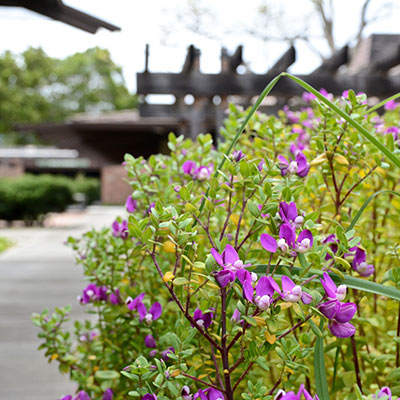
Sustainability Action Plan 2022
Outreach Programs and Projects
4.12 Campus and Community Outreach and Awareness
The sustainability of a college campus is highly dependent on individual members of the student body, faculty and staff. While having energy-efficient equipment, installing low-flow water devices, and providing separate bins for source separation of waste can make a district more sustainable, behavioral changes can significantly impact the effectiveness of these activities.
Additionally, it is essential to maintain transparency and keep the campus and local community informed of the district’s progress with sustainability planning and actions. One of the priorities for the implementation of this plan will be to effectively communicate the goals and programs to the campus communities and to engage them in the process.
This will involve strategies, such as those described below, and will be a focus of ESAC as the Sustainability Action Plan is rolled out.

Questions?
We're Here to Help!
Foothill Energy & Sustainability Advisory Committee Members
ceballosjulie@fhda.edu
cormiarobert@fhda.edu
watsonbret@fhda.edu
